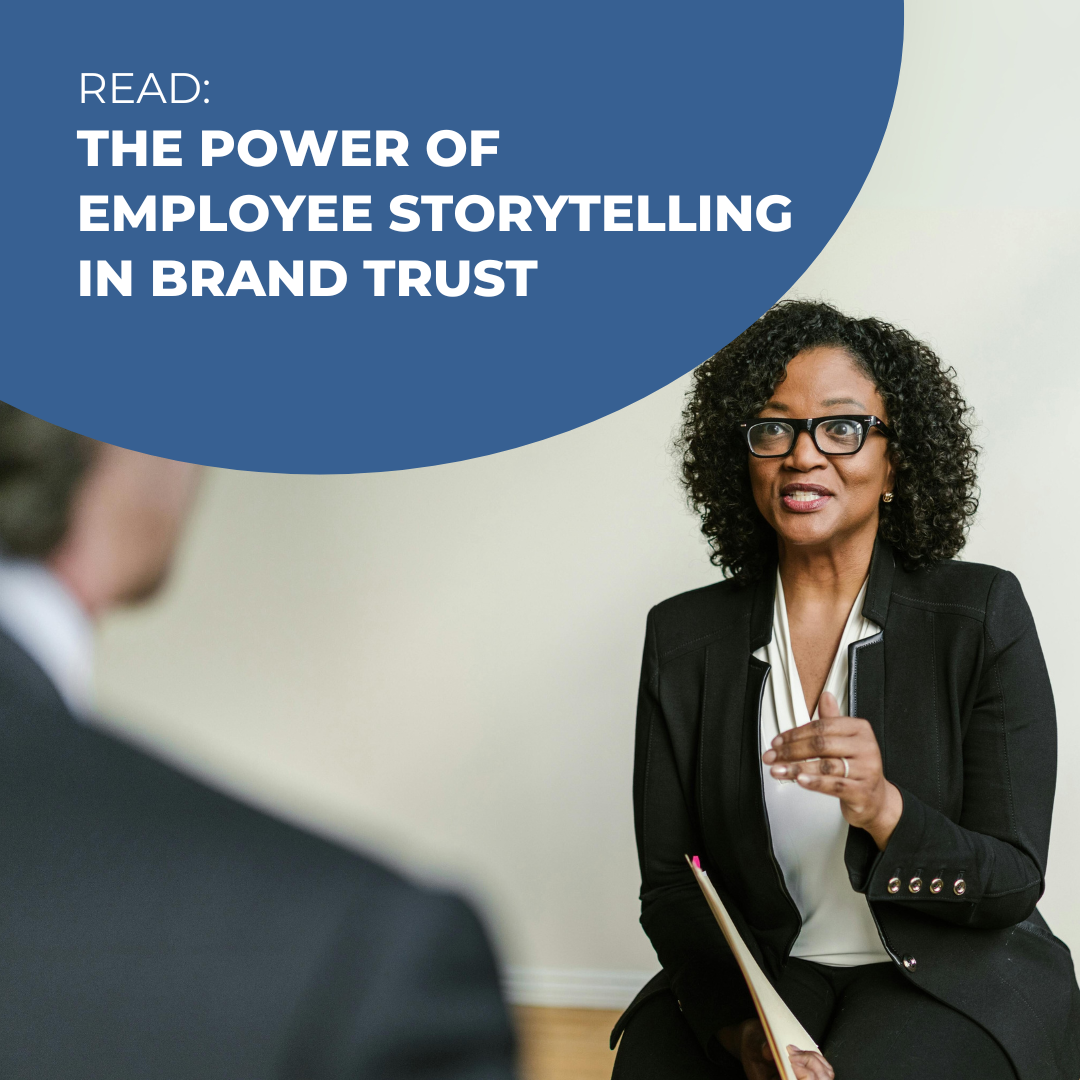A comprehensive employer brand strategy requires a careers website and a robust plan to drive traffic to that site. Organic search remains one of the best methods to attract visitors, making SEO (search engine optimization) a core element of website content strategy. SEO helps ensure your site content appears in searches run by potential ideal candidates for your company's openings. While SEO fundamentals are well-established, what happens when internet search undergoes a fundamental change? Website owners now face this scenario as generative AI begins to transform popular search engines like Google.
For decades, SEO strategies have focused on tactics to bring content closer to the top of search results. However, in a generative AI search experience, either there are no ranked results pages at all, or they’re presented lower on the page, below a single AI-generated answer summary of the topic compiled from various web pages.

Currently, not every Google search brings an AI-augmented result–that partly depends on the topic of the search, and partly on how the search is phrased–but this is undoubtedly the future of online search and will become more prevalent over time. As a result of these changes, Gartner estimates that, by 2028, organic search traffic to some brand websites could decrease by 50% or more.
A new discipline called GEO (generative engine optimization) is emerging, centered on principles to prepare for this future by getting your site featured within AI summaries of relevant topics. The shift from SEO to GEO necessitates a strategic overhaul for website owners. Let's explore what's changing in this new world of search.
Understanding GEO
AI-powered search engines like Microsoft Copilot and Google’s Search Generative Experience are transforming how users find information online. Rather than relying solely on traditional SEO metrics like backlinks and keyword density, these engines generate responses compiled from multiple sites, chosen on the basis of content relevance and comprehensiveness.

This has had the effect of highlighting sites that often underperform by conventional search standards. A study by Search Engine Land found that only about 4.5% of URLs in AI-generated content match those at the top of SEO-optimized organic results.
At this point, it’s still too early to say what this means for click-through rates. Many users may find what they need in the AI summary and never click through to the sources, but this makes it all the more important that your site be featured within the summary. You, as a website owner, are going to need a new approach to content optimization.
The Art of Conversation
Generative engines excel at understanding natural language queries and providing precise answers to those questions. This means your content strategy should begin with specific, detailed questions candidates might ask, tailoring your content to answer these questions.
For example, imagine that you’re looking to hire software engineers. Instead of optimizing content for general searches like “tech jobs,” consider that today's software engineers might search for “companies building machine learning teams.” Focus on the purpose behind a user's search query, then create content that matches their needs. This approach gives you the best chance of being featured in AI-generated content.
Quality over Quantity
In AI-driven search, quality trumps quantity. Comprehensive, authoritative content thoroughly covering relevant topics is favored. Rather than a scattershot approach trying to cover all bases, concentrate on creating fewer, better, and more detailed pieces that thoroughly address topics relevant to job seekers.
An authoritative tone is also important when you need to convince the algorithm that your site content provides a better answer to the query than competing sites. Demonstrate expertise and trustworthiness by using industry-specific language, citing credible sources where appropriate, including quotes, and always presenting information in a clear, engaging manner.
What Stays the Same?
Not everything is changing in the new search landscape. Fast web page loading times and a smooth user experience are as important as ever, and keywords are still important in ensuring that your content is relevant to specific queries.
Similarly, the fundamental principles of E-E-A-T (Experience, Expertise, Authoritativeness, and Trustworthiness) remain crucial. If you have an opportunity to feature articles written by industry experts or thought leaders, that will do wonders in boosting your credibility in the eyes of both the algorithm and your eventual site visitors.
Likewise, it’s still a good idea to implement structured data markup. Use schema.org markup to provide context and structure for your content. This helps AI systems digest and properly categorize your content, increasing its chance of being featured in AI-generated summaries.
The Future is Now … and Also Tomorrow
It’s important to keep in mind that AI is still an evolving field, and so the rules of AI-augmented search may be different tomorrow than they are today. Nevertheless, the current understanding of GEO gives you a starting point for the strategic transformation that’s on the way.
While some SEO principles still apply, the focus going forward will be on understanding and optimizing for the nuances of AI-driven search. Stay informed, adapt your strategies, and continue prioritizing high-value, engaging content to make sure that candidates will discover the exciting opportunities that your company has to offer.
*Note: The image at the top of this article was generated by DALL-E 3.



